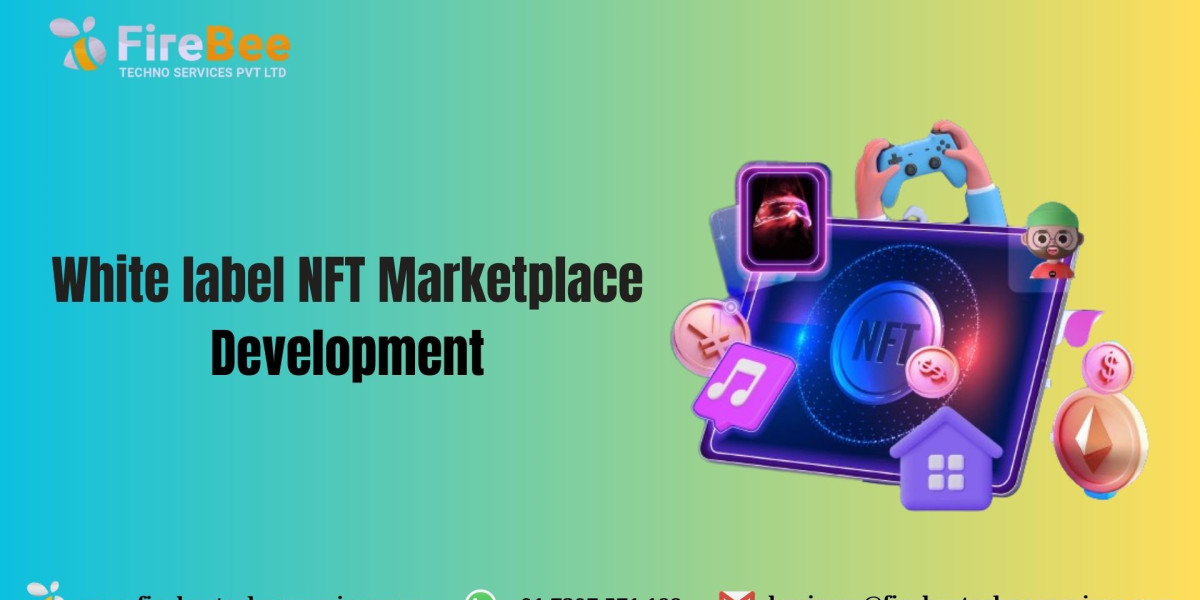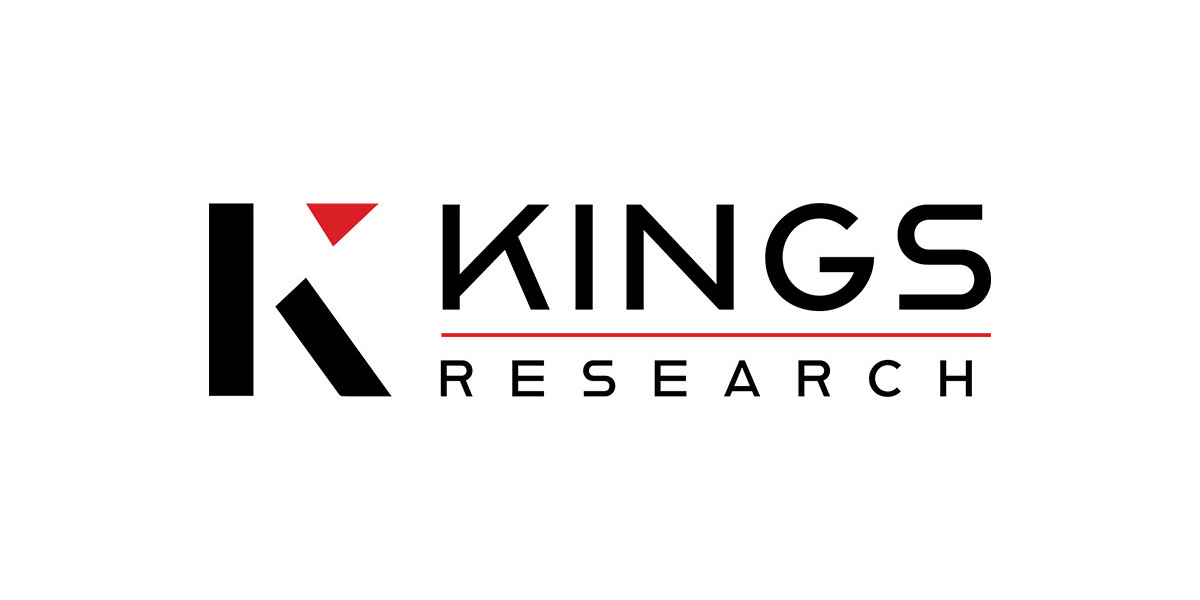Customization and Branding: White-label solutions allow businesses to create their own branded NFT marketplaces with custom designs and features. This level of customization helps align the platform with the business's brand identity, enhancing user trust and recognition.
Cost-Effectiveness: Creating an NFT marketplace from scratch can be time-consuming and expensive. White-label solutions provide a pre-built foundation, saving significant development costs and reducing time-to-market. This allows businesses to focus on other aspects of their NFT strategy.
Ready-Made Infrastructure: White-label NFT marketplaces come with existing infrastructure and technology, including blockchain integration and smart contract capabilities. This eliminates the need to handle complex technical aspects, such as blockchain development and security, allowing businesses to concentrate on content curation and user experience.
Security and Authenticity: NFTs are powered by blockchain technology, which ensures security and authenticity for tokenized assets. White-label NFT marketplaces leverage the underlying blockchain's security features, protecting tokenized assets from fraud or counterfeiting.
Diverse Asset Support: White-label NFT marketplaces can support various types of tokenized assets, beyond just digital art. These assets can include music, videos, virtual real estate, collectibles, in-game items, and more. This diversity attracts a broader range of users and collectors to the platform.
Interoperability: White-label NFT marketplaces often support multiple blockchain networks, enabling cross-chain interoperability. This flexibility allows businesses to choose the blockchain that best suits their needs or migrate to other chains if required.
Scalability and Performance: White-label NFT marketplaces are designed to handle large user bases and high transaction volumes. They are built with scalability in mind, ensuring a smooth user experience even during peak activity periods.
Revenue Generation: Businesses can generate revenue through various means, such as transaction fees, listing fees, royalties on secondary sales, and other value-added services. White-label NFT marketplaces offer multiple monetization opportunities for businesses to explore.
Community Building: White-label NFT marketplaces enable businesses to build and nurture their communities of creators, collectors, and users. Strong community engagement can drive user retention and platform growth.
Global Reach: NFTs and white-label marketplaces are accessible globally, enabling businesses to tap into a worldwide audience of users and collectors.
Innovation and Flexibility: White-label solutions offer room for innovation and experimentation. Businesses can continuously update and improve their platforms based on user feedback and emerging trends in the NFT space.
Overall, white-label NFT marketplaces provide a convenient and efficient way for businesses to enter the NFT ecosystem and capitalize on the growing interest in tokenized assets. However, it's essential to carefully evaluate the features and capabilities of different white-label solutions to choose the one that best aligns with specific business goals and requirements.



![Nano Slim X Keto Gummies <br>Privacy <br> • <br>Terms <br>Nano Slim X Keto Gummies Reviews – [Scam Or Legit?] Try Quick](https://s3.us-east-1.wasabisys.com/talkin/upload/photos/2023/06/twEShgbMt8UrFBPq8VC8_29_d8df5d2575e501155daa19017a558bf6_image.png)